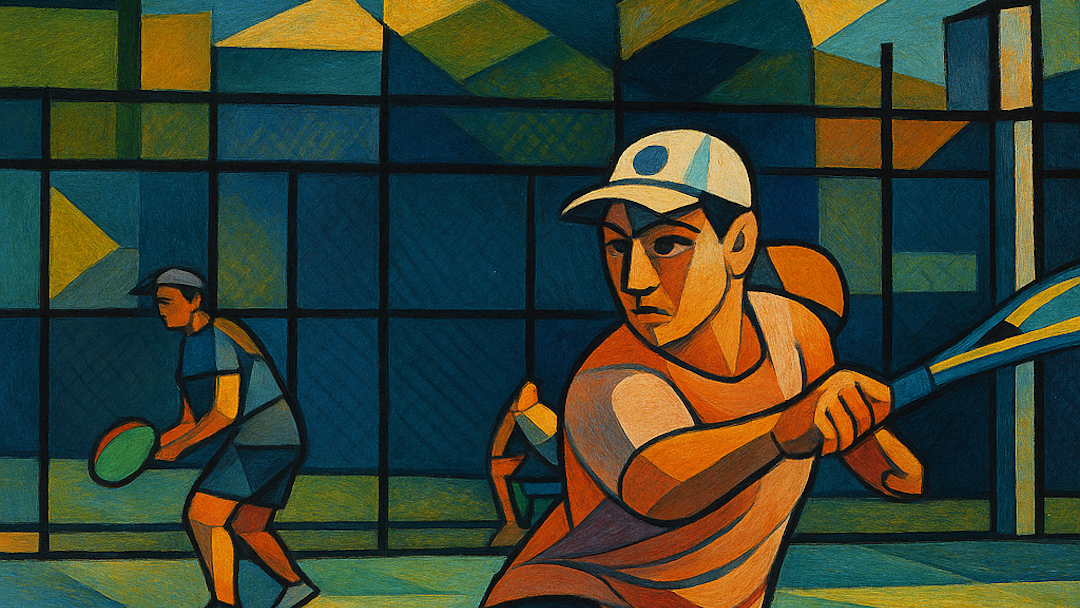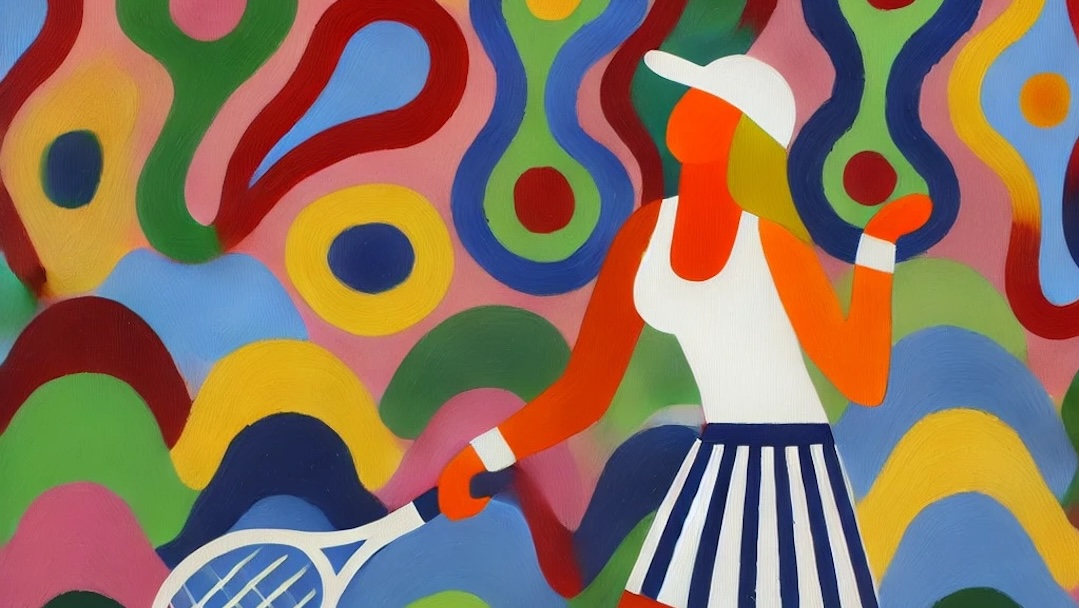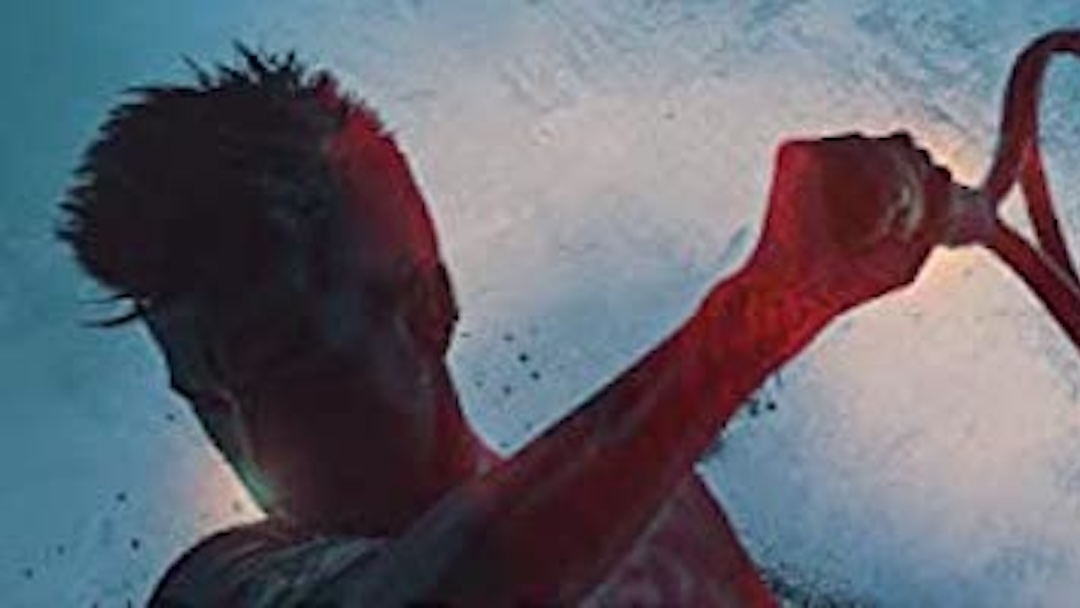Roy Barth is a retired American tennis player with a relatively storied career for a person that I am guessing most fans don’t remember. He learned to play the sport at the historic Morley Field and Balboa Park Tennis Club. Barth was a product of the Southern California factory that churned out one of the greatest generations of American tennis players. After college tennis at UCLA, Barth played on the professional tour for 6 years before retiring to accept a teaching position at the Kiawah resort when it was still under construction.
Point of Impact is Barth’s memoir of his life in tennis. He set out to tell his story in two parts. The first is the life lessons that he learned from playing the game of tennis. The second part is what he learned from the business of tennis. His book is also an excellent source of history as a first person account of the dawn of the Open Era.
Billie Jean King was a lifelong friend of Barth and wrote a heart warming forward to his book. The two met when she stayed with his family during a tournament at Morley Field and their paths have crossed repeatedly throughout the rest of their lives. For example, Billie Jean King was the first person to console Barth after a tough loss during his first Wimbledon.
During Barth’s freshman year at UCLA, Allen Fox frequently practiced with the team as he completed his PhD in Psychology at the school. Barth learned to be tenacious on the court and never give up from the future Pepperdine coach and influential tennis psychology pioneer. At UCLA, Barth also played under Glenn Bassett who is a legendary coach that emphasized process and hard work.
Highlights of his career including playing at the US Open in both 1966 and 1967 before that tournament was transformed to the US Open. His junior year UCLA he lost in the finals of the NCAA championship paired with Steve Tidball against Stan Smith and Bob Lutz. Barth’s first trip to Wimbledon came in 1968 when he received a last minute telegram inviting him to participate in the main draw. After flying directly to the tournament he lost a close five set match to Clark Graebner. Graebner was the subject of John McPhee’s Levels of the Game along side Arthur Ashe.
Barth was an active professional player during the founding of the ATP. He was in London preparing to play in Wimbledon when the association decided to boycott the tournament in 1973. Barth’s first person account of what he did with his time in London is fascinating. The saga of the impact on the players who sat out was previously lost to history.
Barth’s details of his retirement from tennis and how he became the head tennis teaching professional at Kiawah exposes how capricious and arbitrary the corporate side of tennis can be. The fact that he remained at the resort until his retirement from instructional tennis is a testament to his people skills and mastery of the business. Kiawah is consistently recognized as one of the best resorts for tennis, and that is a direct result of Barth’s leadership.
I thoroughly enjoyed Point of Impact. It was truly illuminating to read Barth’s first hand perspectives on some of the most influential people in all of tennis, both on court and off. I consider this book to be mandatory reading for anyone active in the instructional corners of the tennis industry.
 | Point of Impact |



